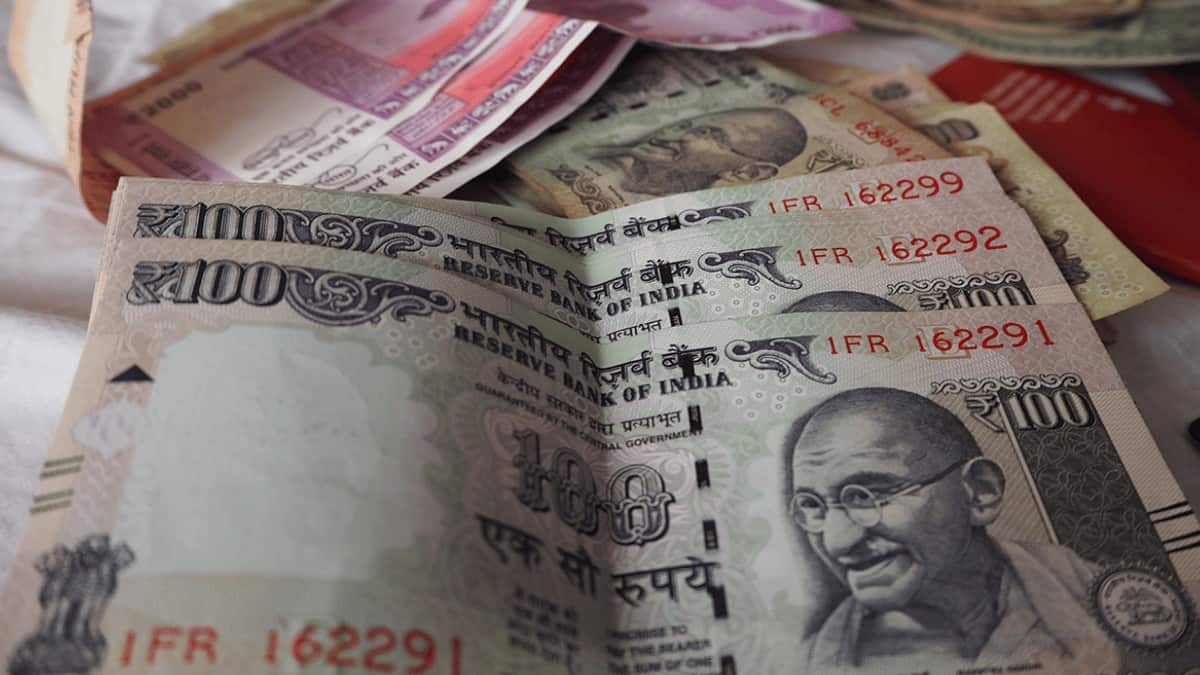Indian Rupee sinks to record low with stocks as Ukraine crisis boosts oil prices

The Indian rupee along with stocks and bonds fell to a record low as a surge in oil prices caused by the Ukraine conflict threatened to inflate the country’s oil import bill and fan inflationary pressures.
The rupee fell as much as 1% to 76.9625 per dollar, surpassing its previous low of 76.9088. Benchmark government bond yields rose six basis points to 6.87 percent, while the S&P BSE SENSEX Index fell up to 3.3 percent to 52,542.64, its lowest level since July.
India relies on foreign purchases for roughly three-fourths of its oil requirements, making it one of Asia’s most vulnerable to rising crude prices. Oil prices, which have already risen by more than 60% this year, may exacerbate price pressures, harm the nation’s finances, and derail a nascent economic recovery.
“Crude has long been the number one risk for India, given its reliance on imported fuel,” said Srinivas Rao Ravuri, chief investment officer at PGIM India Asset Management Pvt. “Emerging market investor sentiment toward emerging markets, particularly India, which was trading at premium valuations to its peers until recently, has been impacted by escalating geopolitical tensions, crude, and the impending Fed hike.”
As a result of today’s move, the rupee has become Asia’s worst performer this year, as rising crude prices have fueled concerns about the country’s balance of payments. India imports nearly three-quarters of its oil, making it one of Asia’s most vulnerable to rising prices.
The S&P BSE Sensex, India’s benchmark equity index, fell to its lowest level in more than seven months, with the majority of its 30 constituents trading in the red.
“Geopolitical risks will likely remain elevated, particularly in terms of trade shock and current-account deficit implications,” wrote analysts at Barclays Plc, including Ashish Agrawal, in a note. “The INR is more sensitive to supply-side oil shocks,” he said, adding that the Reserve Bank of India “is likely to continue selling USD passively, but is unlikely to defend any specific level.”


